Preserving the Past
From our deck, I sometimes gaze up at the great trees that surround us. Towering white pines and red oaks. A giant sugar maple. What scenes have they 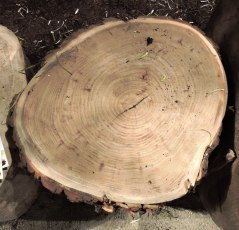 witnessed during their century and a half of life? First nations��� warriors netting rainbow trout from our stream or hunting deer in the surrounding woods? Forest fires? Pioneers felling neighbouring trees to make room for fields? A bulldozer pushing a road through the woods.
witnessed during their century and a half of life? First nations��� warriors netting rainbow trout from our stream or hunting deer in the surrounding woods? Forest fires? Pioneers felling neighbouring trees to make room for fields? A bulldozer pushing a road through the woods.
The rings of wood they���ve laid down record their history: drought, rain, fires, or insect infestations. A skilled biologist may be able to re-construct their story by taking a sample core.
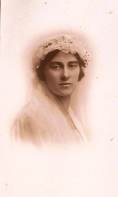 What of your family or mine? Will our grandchildren or great grandchildren be able to read about the ebb and flow of our life stories?
What of your family or mine? Will our grandchildren or great grandchildren be able to read about the ebb and flow of our life stories?
I regret having little knowledge of the early lives of my parents. What was their childhood like? How did they meet���and court? How did they endure the separation wrought by the First World War? I have some of the letters they wrote when my father went to France to fly surveillance of the enemy. But how did he survive when most pilots perished?
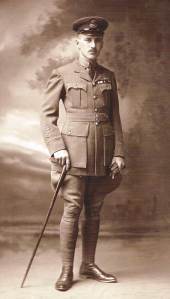 Since I was much younger than my three brothers, I knew little of family lore and Dad seldom talked about his life. I feel a great sense of loss and a concern that our grandchildren will have no idea about our past beyond our own lives.
Since I was much younger than my three brothers, I knew little of family lore and Dad seldom talked about his life. I feel a great sense of loss and a concern that our grandchildren will have no idea about our past beyond our own lives.
Perhaps it���s neurotic to express concern about the past. After all, it���s gone, never to be repeated. We should live in the now; look to the future. Be optimistic. But wait, haven���t we been warned that he who forgets the past is doomed to repeat it? And nations in the 20th and 21st centuries keep repeating the same unbelievably horrific atrocities.
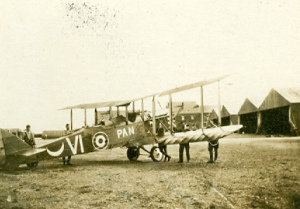 We must not forget the two world wars, the Holocaust, the Cold War, Korea, Viet Nam, Uganda, Cambodia, and China���s cultural revolution. Did the people of St. Louis forget Selma? Have we forgotten the atrocities committed against our aboriginal people? Has humanity learned nothing?
We must not forget the two world wars, the Holocaust, the Cold War, Korea, Viet Nam, Uganda, Cambodia, and China���s cultural revolution. Did the people of St. Louis forget Selma? Have we forgotten the atrocities committed against our aboriginal people? Has humanity learned nothing?
Remembering is important whether on a national or a personal scale; whether it be of secular events or spiritual milestones. The feasts of Israel were set up so that the nation might remember their deliverance from Egypt, the wilderness wanderings, and other events in their history. ���Do not forget the things your eyes have seen���Teach them to your children and to their children after them���(Deut. 4:9).
At the core of our Christian faith is a need to remember. We celebrate the Lord���s Supper to remember the death of Christ for our sins until the day He comes again. ���This is my body given for you; do this in remembrance of me���(Luke 22:19). Plus we have Christmas, Easter and Pentecost, to name a few special 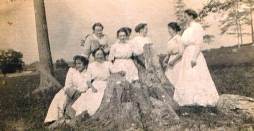 days.
days.
On a cosmic scale our family memories may seem relatively unimportant, and yet they are! Will our grandchildren understand the importance of our conversion experiences, our calling to Christian ministry, the providential circumstances that led Mary Helen and I together, the amazing way God provided for our needs again and again and again?
We should all do what we can to preserve our stories so our families don���t forget to give thanks to God for His grace and leading. They might also learn from our mistakes!
[Pelican ebooks remain free for download until Easter! See: http://pelicanbookgroup.com/ec/index.php?main_page=index&manufacturers_id=145




